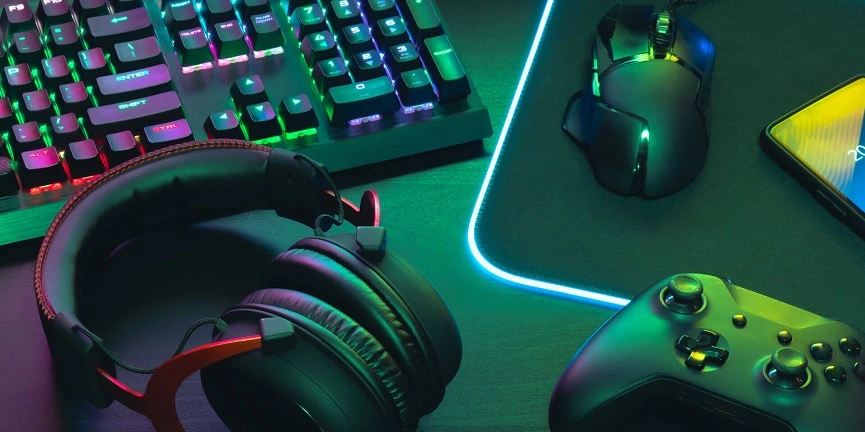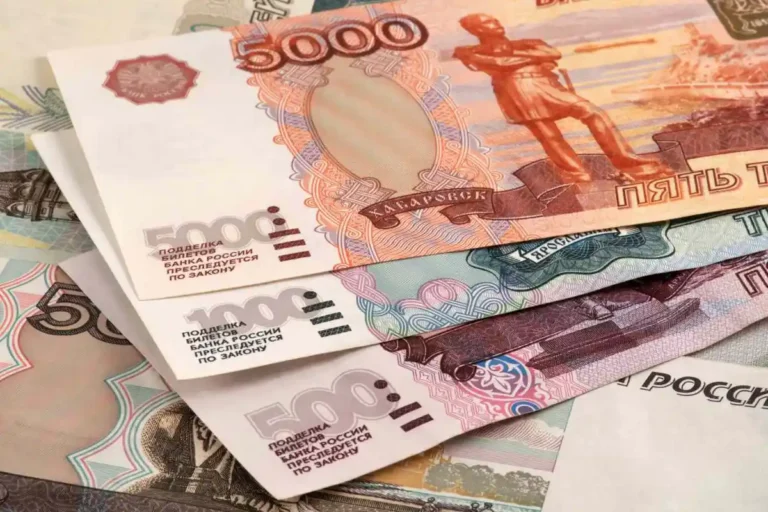US Export Delay Could Impact Gaming in the Middle East
The United States has implemented delays on the export of powerful chips to the Middle East, leaving key players such as the United Arab Emirates (UAE) and Saudi Arabia in limbo.
The move comes amid national security concerns that have forced the country to slow down issuing licences to chipmakers such as Nvidia and Advanced Micro Devices (AMD).
The US has already begun conducting a national security review of artificial intelligence (AI) in the region, but it is unclear how long the process will take before normalcy is restored.
This development throws a curveball at Saudi Arabia’s well-documented ambition of becoming a global leader in the gaming industry.
It could also have a ripple effect on the leading online casino in Saudi Arabia and other emerging iGaming platforms in the region.
The crux of the issue lies in large-scale shipments of artificial intelligence (AI) accelerators. These specialised chips are designed to supercharge data processing for AI applications.
The chips are the lifeblood of any robust AI infrastructure. Companies and governments need them to develop AI chatbots, advanced analytics tools, and other cutting-edge technologies.
The US Commerce Department fuelled this uncertainty by expanding its chip export restrictions to include much of the Middle East. Their policy initially focused on curbing China’s access to this technology.
However, chipmakers like Nvidia and AMD are now required to obtain special licences for shipments heading toward countries such as the UAE, Saudi Arabia and Qatar.
The hold-up is aimed at safeguarding national security interests. This involves establishing clear protocols for managing and securing the facilities used to train AI models overseas, and this process requires careful negotiation with potential AI hubs in the Middle East.
The situation has affected shares of chipmakers Nvidia and AMD. After the news was reported, Nvidia shares dropped 3.8% to $1,105, while AMD shares were up less than 1% to $166.75.
The UAE and Saudi Arabia are determined to diversify their economies beyond oil dependence, but their ambitious AI plans have now been plunged into chaos.
The US are concerned that China, who have been cut off from obtaining cutting-edge American technology, could access the chips through their data centres in the Middle East.
While both countries have committed to maintaining separate supply chains from China or entirely ridding themselves of Chinese technology, Saudi Arabia’s recent deal with Lenovo Group contradicts the agreement.
Saudi Arabia has shaken hands with the Chinese computer-making company over a deal that involves them building a research and development centre in Riyadh, which complicates their negotiations with the US.
However, they will need a swift resolution to the issues at hand, considering their ability to secure export licences is a major part of negotiations surrounding Microsoft Corporation’s $1.5 billion investment in Abu Dhabi AI firm G42.
How the US Ship Export Decision Affects Saudi Arabia’s Gaming & iGaming Dreams
AI technology is the cornerstone of modern gaming. It drives the development of immersive experiences, personalised adventures and sophisticated non-player characters (NPCs).
Saudi Arabia are keen to leverage the power of AI technology to become a global gaming leader, but the US decision to restrict the export of cutting-edge AI chips to the Middle East throws a spanner into the works.
The Saudi Arabian government has heavily invested in the gaming industry, especially eSports, through its Vision 2030 plan. Their goal is to diversify the nation’s economy, reduce their oil dependence and establish a solid domestic gaming scene.
However, without access to the latest technology, Saudi Arabia’s entire plan could crumble and they risk falling behind established gaming hubs. They would also struggle to create exciting experiences for players.
While the nation is not overly enthusiastic about modernisation and incorporating online casinos to its offerings, its iGaming sector is also bound to be affected by recent developments.
AI can be applied to predictive analytics and player behaviour analysis. It can also enhance security measures, especially for online casino game such as blackjack and poker.
The slowdown in AI chip exports could cause significant delays in the development of Saudi Arabia’s gaming infrastructure. These AI accelerators are crucial for powering the high-speed processing and complex computations demanded by modern gaming and iGaming platforms.
Delays in acquiring the technologies could significantly stall ongoing and planned projects, potentially derailing Saudi Arabia’s lofty ambitions in the global gaming scene.
Limited access to US-made AI accelerators could force Saudi Arabia to seek alternative sources, potentially at inflated costs, which could strain its budget for gaming projects.
This financial squeeze might limit the overall scope and scale of development, hampering their ability to create competitive offerings. Furthermore, the increased expenses could deter potential investors and partners from collaborating with Saudi entities in the gaming sector.
This could put the brakes on the much-needed influx of expertise and capital essential for building a robust, competitive and thriving gaming ecosystem.
The gaming industry is a cut-throat battlefield where rapid technological advancements set the pace.
Delays or disruptions in acquiring the latest AI technology, like those caused by the US export restrictions, could place Saudi Arabia at a disadvantage compared to other regions with unrestricted access to those resources.
Saudi Arabia must overcome these technological hurdles quickly to maintain a competitive edge and stay in the game.







